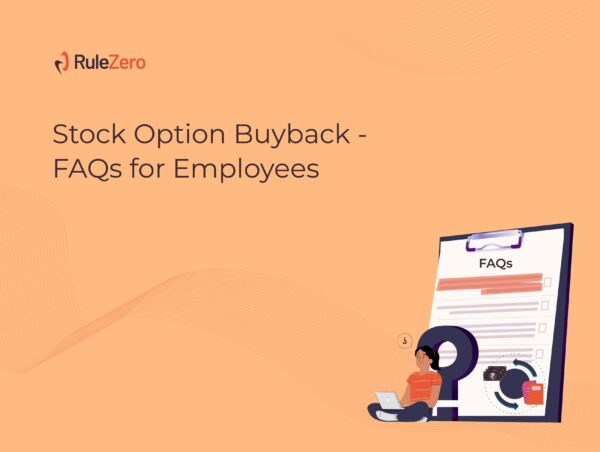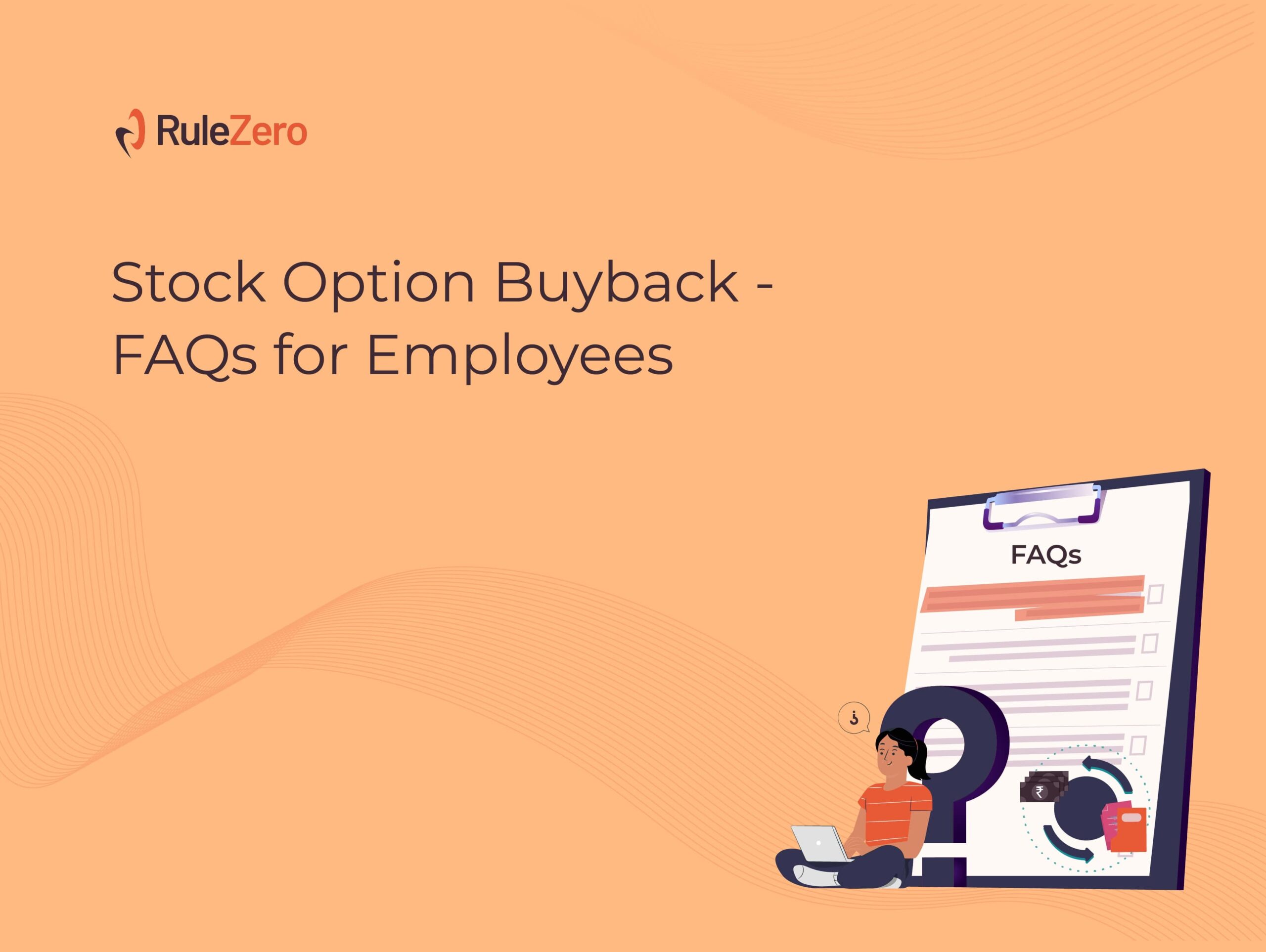You’ve been granted stock options in a company. You’ve got a letter saying so. What should you look for in the letter before accepting the grant?
Let’s look at the most important terms and conditions you should check.
- Stock option plan: The stock option plan is a blueprint – it’s how options pass through the grant, vesting, exercise, and sale stages.
There are different types of stock option plans – Employee Stock Option Plan (ESOP), Restricted Stock Units (RSU), Stock Appreciation Rights (RSU), Trust. Each has different implications in terms of who actually owns the shares (after options are exercised), whether shares are issued or cash is paid to employees based on the appreciated value of stock, what are the conditions to be fulfilled before options can be exercised, and so on.
For example, if the plan allows exercising options only in case of a liquidity event, then employees must wait till that event happens, and this could take years.
- Vesting period: Check when the stock options will vest and when you become eligible to earn the right to exercise options. For example, if the vesting period is five years, all the options will vest over a five-year period.
- Vesting conditions: Check what conditions you must satisfy for your stock options to vest. Vesting conditions may be time-based, performance-based, or both. If based on time, the grant letter will mention a time frame at the end of which options will vest; if based on performance, options will vest when you achieve the performance milestone specified in the grant. For example, if you successfully complete a project or client engagement, then a certain number of your options will vest accordingly. Options may also vest if the company performs well, say, achieving specific revenue targets.
Since vesting is the second stage of a stock option grant and has a direct impact on when options can be exercised, read through and understand the conditions thoroughly before accepting the grant.
- Exercise price: This is the price at which you can exercise your vested options and purchase the company’s shares. Make sure that the exercise price is lower than the share price on the date of the grant.
- Exercise window: Companies fix a specific period of time during which employees must request to exercise their vested options. The grant letter will mention the exercise window for options, including if your employment is terminated. If you fail to exercise your options during this period, they lapse.
- Exercise conditions: The conditions may vary based on liquidity events defined in the stock option plan, termination conditions, etc. Be aware of these terms.
Take into account your current cash compensation (salary), expenses, investment strategies, and other commitments to understand your need for guaranteed cash flow. Accordingly, accept or reject the grant.









